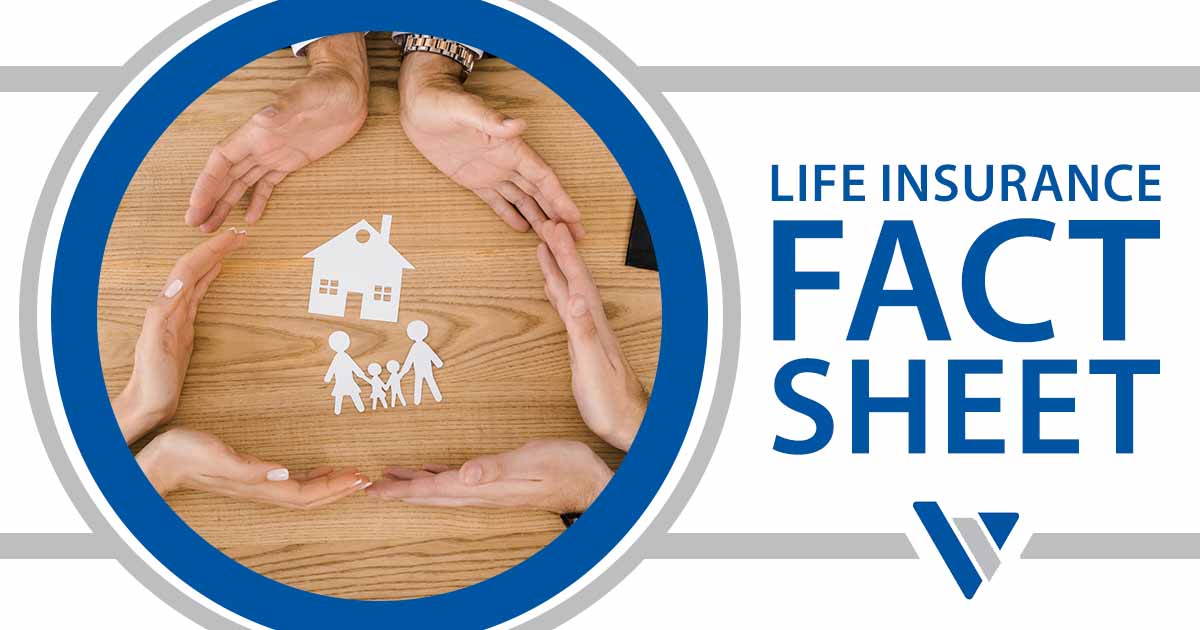I am sharing with you some of the information the Life Insurance Marketing and Research...


The Coronavirus Aid, Relief, and Economic Security Act, also known as the CARES Act was signed by President Trump on March 27th, a much needed stimulus package to flood the US economy with $2.2 trillion. Some of that money is specifically designated for large corporations and small business loans throughout the country, however, I wanted to provide some clarity to individual and families on what this 880 page bill means for them.
As part of the CARES act, individuals and families will be eligible to receive direct payments from the federal government.
Individuals who earned $75,000 or less on their 2019 tax return (2018 if you have not yet filed) and are not claimed as someone’s dependent will receive a $1,200 tax rebate. This amount is reduced by $50 for every $1,000 earned over $75,000. Married couples with $150,000 or less in adjusted gross income will receive $2,400. Parents will also receive $500 for each qualifying child.1
These eligibility rules apply even for those who have no income or those whose income comes entirely from Social Security.
According to Treasury Secretary Steve Mnuchin, they are hoping to distribute the funds within the next three weeks. Now, we do not yet know if they will be able to fulfill those lofty expectations, but the point is that they are wanting to get them out quickly.
In order to expedite the process, payments will be made via direct deposit to an account that the person has authorized for tax refunds or federal payments on or after Jan. 1, 2018. It is said that a notice will be sent to the person’s last known address within 15 days of payment informing them of the method and amount of payment. A phone number will also be provided so people can call the IRS in the event they did not receive it.2
I am writing this just as the Department of Labor announced that 6.6 million filed for unemployment in the week ending March 28th. These are not only stressful times due to health concerns over the pandemic but also because an unprecedented number of Americans are now unable to work and provide for themselves and their families. In response to the mass closures across the country, the CARES act will also increase and expand government unemployment insurance benefits.
The plan wraps in far more workers than are usually eligible for unemployment benefits, including self-employed people and part-time workers. Under the plan, eligible workers will get an extra $600 per week on top of their state benefit. The extra $600 payment will last for up to four months, covering weeks of unemployment ending July 31.1
For more information on eligibility or applying for benefits, contact your state’s unemployment benefits office.
Last week we wrote about having discipline and patience as part of your investment strategy during these volatile times in the sock market. Here I want to specifically point out a few things from the CARES act for investors to be aware of.
Any business that accepts a loan from the government from the CARES act will be restricted from paying stock dividends or doing stock buybacks until 12 months after the loan is paid. A good example of this is the $50 billion in loans made available to the passenger airlines industry. Many of these companies typically pay a decent dividend of 2% to 4% such as Southwest Airlines and American Airlines. Some investors rely on these dividends for regular income or portfolio cash flow but with some of these companies inevitably taking government assistance their dividends will stop for an extended period of time.3
Retirement accounts such as IRAs and 401(k)s require account holders age 72 and older to withdraw money from their accounts each year which is taxable as income. For the calendar year 2020, no one will have to take a required minimum distribution from any individual retirement account. RMDs are calculated based on the beginning of year balance of the account which in most cases was significantly higher than it is today. To prevent people from having to take out a now much higher percentage of their portfolio the government has suspended the RMDs for 2020. This is waiver of the 2020 RMD and you will not have to make up the distribution next year.
If you have already taken your 2020 RMD there is not yet clarity on whether or not you will be able to put that money back into the retirement account but we will monitor that throughout the year.
For those who have been drastically impacted by the COVID-19 and are in need of additional relief, the government has provided tax relief on withdrawals from retirement plans such as IRAs and 401Ks.
Distributions from these accounts, for those who meet specific guidelines, are still taxable but account holders are able to spread that tax impact over three years and even allows for you two re-contribute those funds within three years to make it non-taxable. In addition, they have waived the 10% early distribution penalty and the 20% mandatory withholding applicable to some distributions. This special tax treatment will be limited to $100,000 of distributions.
This should not be seen as an easy way to get money out of your retirement accounts but more as a last resort for those who are in need of some money in these tough times. Before taking any distributions based on this special tax treatment should first consult their tax professional.
There is constantly new information coming out that outlines the implementation of the CARES Act. Here at Virtus Wealth Management we will stay on top of the latest news and will keep you aware of how this stimulus bill can help provide you and your family some much needed relief throughout the next several months. We are available to help answer more specific questions or to clarify some of the finer details of this bill. Feel free to call or email us and we will be happy to help!
1 https://www.nytimes.com/article/coronavirus-stimulus-package-questions-answers.html
3 https://www.nytimes.com/2020/03/26/business/economy/coronavirus-relief-bill.html
https://www.congress.gov/bill/116th-congress/senate-bill/3548/text